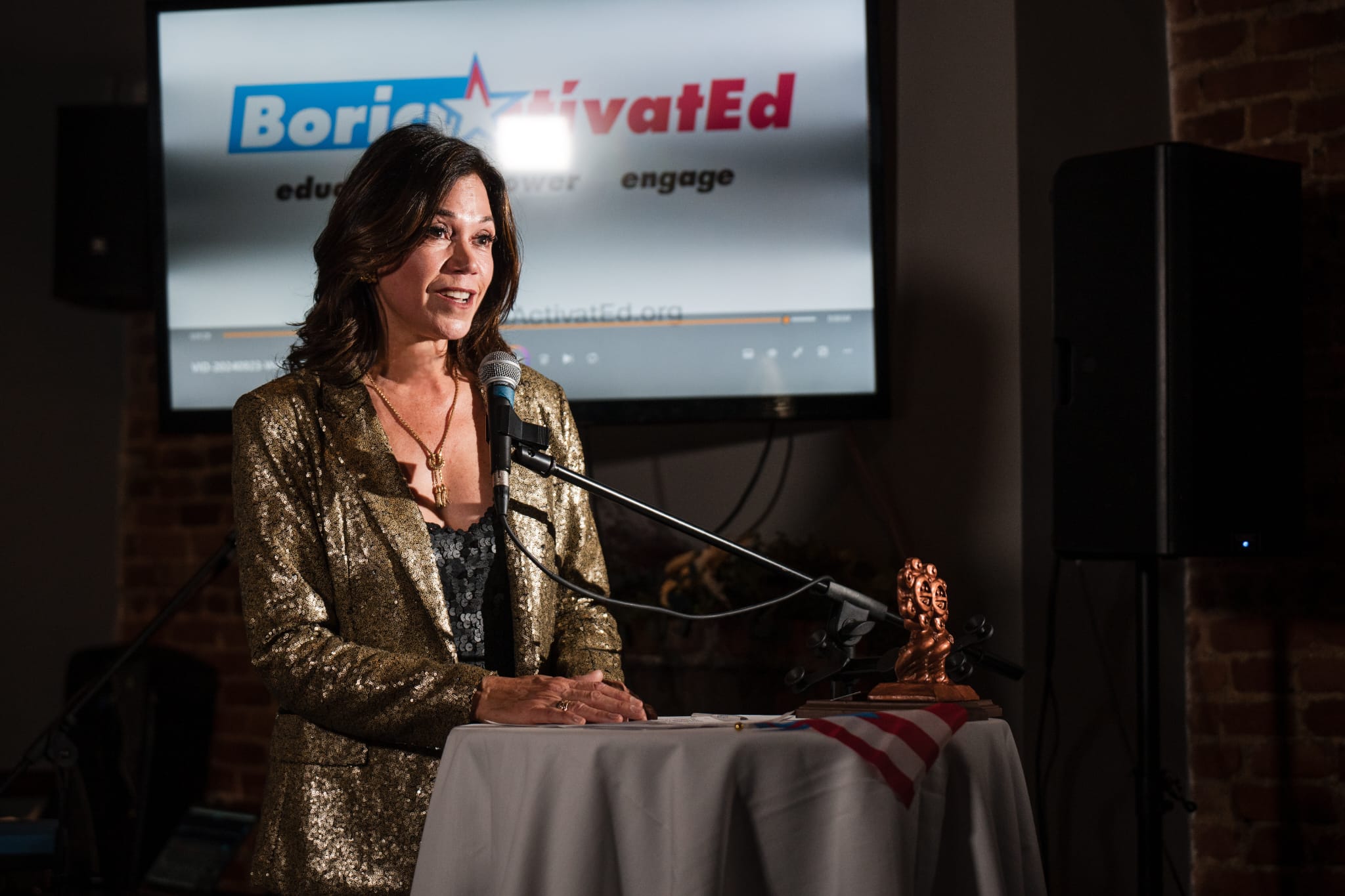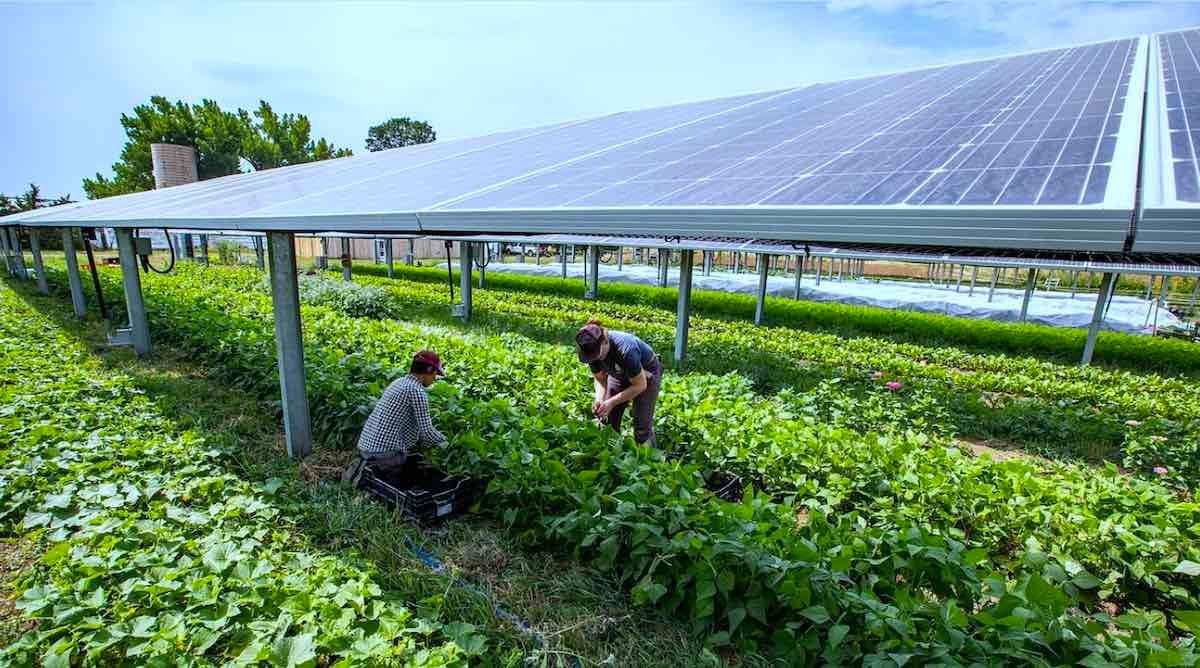Puerto Rico coronavirus statistics for December 7
According to the Puerto Rico Health Department, 101,428 people are believed to have been infected with COVID-19, an increase of 7,966 since November 30, when the total was 93,462. This points to a substantial increase in the rate of new cases, as the increase between November 23 (when the total was 87,330) and November 30 was 6,132. The rate of increase of deaths also increased: the death toll is currently 1,203, with 97 people having died during the last week. Comparatively, 74 people died from the virus between November 23 and November 30. Puerto Rico reached the 100,000-case mark on Sunday, December 6.
Beginning on November 7, the Health Department changed the way it recorded cases, splitting them between confirmed cases (as determined by molecular diagnostic testing), probable cases (as determined by antigen testing) and suspicious cases (as determined by serological, non-diagnostic testing). Viewed through that prism, Puerto Rico has had 55,680 confirmed cases, 1,942 probable cases, and 43,806 suspicious cases since the virus arrived on the Island.
There are currently 618 people hospitalized due to COVID, a decrease of only four since last week.
As various pharmaceutical companies announced progress developing COVID-19 vaccines, the Puerto Rican government, like the federal government, has begun ordering doses of the vaccine, and drawn up plans for their eventual distribution. According to Governor Wanda Vázquez Garced, this may occur between December 10 and 15. Puerto Rico is slated to receive more than 300,000 doses in the first three weeks, according to the Puerto Rico Department of Health. The distribution will prioritize healthcare workers, the elderly who reside in senior homes and hospices or other locations; followed by essential personnel, such as first responders and firefighters.
Puerto Rico general fund will not operate at a deficit, for once
According to the most recent cash reports of the Puerto Rico General Fund, the chief bank account for the Puerto Rico Treasury secretary, the Treasury Secretary Account (TSA) held a balance of more than $9.4 billion. This amount is close to the operating budget for the current fiscal year, as approved by the Financial Oversight and Management Board (FOMB)—approximately $10 billion dollars. This means that when Governor-elect Pedro Pierluisi takes office, he will be the first governor since the 2004 fiscal year to not have a General Fund operating at a deficit.
However, despite the Treasury Department’s improved situation, most of the cash currently on hand has already been claimed. Most of it—some $6 billion— will be going to bondholders in accordance with Puerto Rico’s debt restructuring plan—at least, if an agreement is finalized. Another $2.3 billion will be used to pay pensions and another $1.5 billion will be used to implement the FOMB’s fiscal adjustment plan and will go to public sector employees. Given these financial commitments, future liquidity will depend on tax revenue.
Food insecurity in Puerto Rico at 40%
While food insecurity has been a persistent problem in Puerto Rico due to its exceedingly high poverty rates, it has only grown worse during the last year. A George Washington University survey finds that 40 percent of Puerto Rican families now report being unable to secure consistent access to food due to COVID-19. According to the non-profit FERN, this represents an increase: approximately one-third of adults reported living with food insecurity prior to the pandemic.
Even as the United States continues to reel from the effects of the pandemic, federal assistance, such as it is, has fallen even shorter in Puerto Rico’s case. The island is excluded from programs such as SNAP—instead relying on NAP, a local version which draws funds from a fixed block grant and which, unlike its federal counterpart, cannot be adjusted to meet increasing need without congressional action. Additionally, Puerto Rico is left out of programs such as the Pandemic EBT program, which allows funds that would normally go toward school meals to instead go to families. If it had been in place, this program would have helped feed more than 300,000 children in Puerto Rico.
The Arecibo radio telescope, an iconic Puerto Rican landmark, collapses
It had already been a difficult year for the Arecibo Radio Telescope, which has played a key role in astronomical science, in addition to serving as a tourist destination and occasional filming location. In August, an auxiliary platform support cable snapped, causing significant damage to the structure. Months later, a second cable broke, shattering part of the telescope’s dish and damaging the structure beyond repair, leading the National Science Foundation (NSF), which administered the facility, to announce that it would be decommissioned. However, before those efforts could take place, the telescope’s 900-ton platform collapsed on December 1.
Construction on the radio telescope began in 1960 and first began operating in 1963. Since then, it played vital roles in major astronomical discoveries and operations, including the broadcast of what is known as the Arecibo message, an interstellar radio message containing basic information about Earth for anyone out there listening. It had also served as a backdrop for movies such as GoldenEye and Contact. While no people were directly harmed by the collapse of the radio telescope, experts warned of an indirect environmental impact: the structure included 46,000 pounds of lead, which, if left unattended, could contaminate an underground river located beneath the structure.
Special legislative session to be held this week
Governor Wanda Vázquez Garced has called the Puerto Rico Legislative Assembly to hold a special session set to take place this week to tackle various outstanding issues. Primary among these are bills proposed by La Fortaleza dealing with violence against women as well as human trafficking. Other matters to be considered during this session include House Bill 2592, which would establish greater transparency in government contracts; measures ensuring funds for an already-approved raise for firefighters; a new policy regarding the handling, disposal and recycling of aluminum in Puerto Rico; and funding for the Puerto Rico Musical Conservatory, the Musical Arts Corporation and the Puerto Rico School of Visual Arts.
Share
STAY IN THE LOOP
Subscribe to our free newsletter.
La organización BoricuaActivatEd celebró su séptimo aniversario con reconocimientos al líder de la red evangélica Esperanza y de la comunidad boricua de Filadelfia, Luis Cortés, y el legendario artista Antonio Martorell. Cortés, premiado por su
tudy: Economy leading factor for Puerto Ricans moving to Florida A new survey unveiled Monday in Washington, D.C. sheds new light on factors contributing to Puerto Ricans moving to the state of Florida. The Puerto
New federal funds for solar, battery storage announced The Department of Energy (DOE) on Thursday announced a conditional commitment to finance new solar and battery storage facilities on the southern coast of Puerto Rico. The investment




